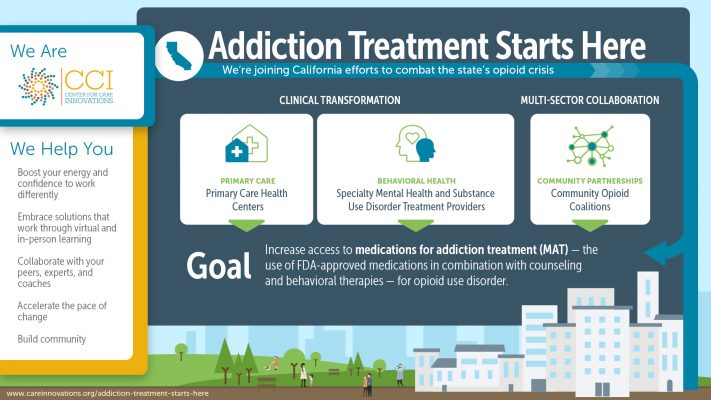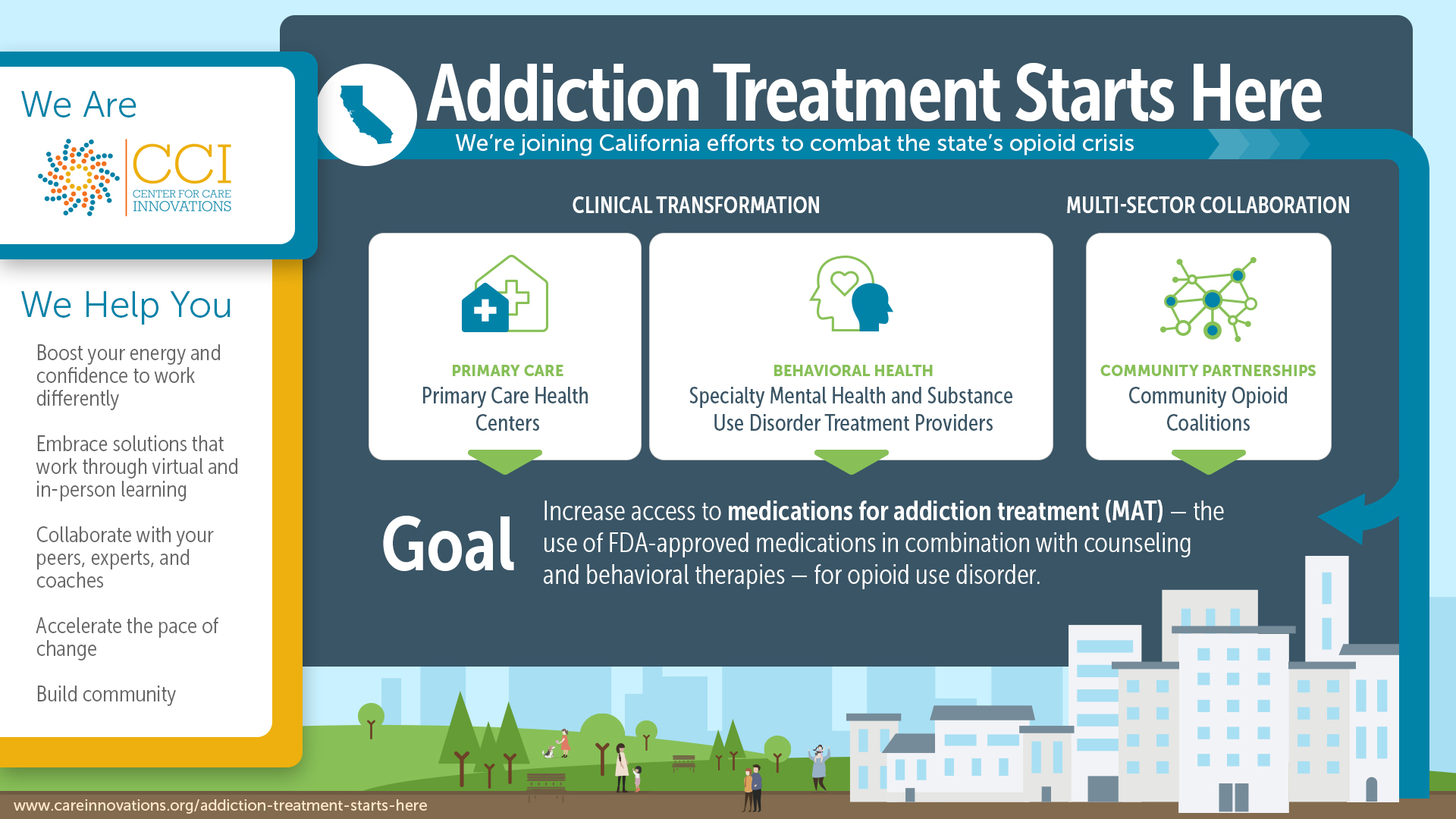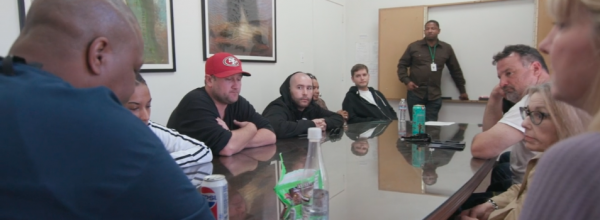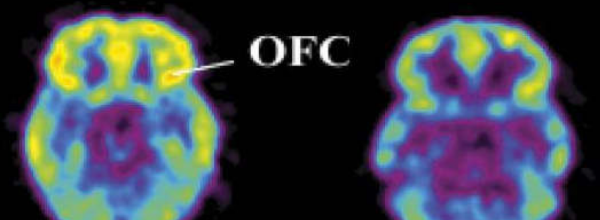The Center for Care Innovations is excited to be participating with organizations across the state in a larger effort to curb the opioid epidemic in California.
This larger effort will increase access to medications for addiction treatment (MAT), which includes the use of FDA-approved medications in combination with counseling and behavioral therapies. Thanks to funding from the California Department of Health Care Services, as part of a State Opioid Response Grant funded by SAMHSA, an estimated 270,000 patients will benefit from this expanded project.
The goal is to identify and connect patients to MAT as they access various touch points in the community and our health care system. This “no wrong door” approach not only creates additional access points for accessing MAT, but also builds greater awareness and buy-in for appreciating addiction as a treatable disease, thereby reducing the stigma and shame often associated with a diagnosis of addiction.
Where does CCI fit into this larger effort? We’re running three programs starting this February and continuing into October 2020.
Our Addiction Programs
![]() Our first program, Addiction Treatment Starts Here: Primary Care continues the work we started in 2016 that focused on integrating MAT for opioid use disorder (OUD) into 25 federally qualified health centers (FQHCs). Through this previous effort, we doubled the number of X-waivered prescribers and almost tripled the number of patients receiving MAT for treatment of OUD. (Read more about that program.) Thanks to funding from Cedars-Sinai and the California Department of Health Care Services, we’ll build on our work by expanding grants and technical assistance to 40 additional primary care sites across California. The emphasis on this program is building capacity to offer MAT in primary care and for those organizations with programs in place, helping them scale and financially sustain them. Content will focus on several areas including: appreciating addiction as a disease, reducing stigma, financial sustainability models for MAT programs, MAT program models and operations in primary care, working with patients using multiple substances, optimizing care team functions and roles in providing MAT, managing inductions, stabilization, and maintenance.
Our first program, Addiction Treatment Starts Here: Primary Care continues the work we started in 2016 that focused on integrating MAT for opioid use disorder (OUD) into 25 federally qualified health centers (FQHCs). Through this previous effort, we doubled the number of X-waivered prescribers and almost tripled the number of patients receiving MAT for treatment of OUD. (Read more about that program.) Thanks to funding from Cedars-Sinai and the California Department of Health Care Services, we’ll build on our work by expanding grants and technical assistance to 40 additional primary care sites across California. The emphasis on this program is building capacity to offer MAT in primary care and for those organizations with programs in place, helping them scale and financially sustain them. Content will focus on several areas including: appreciating addiction as a disease, reducing stigma, financial sustainability models for MAT programs, MAT program models and operations in primary care, working with patients using multiple substances, optimizing care team functions and roles in providing MAT, managing inductions, stabilization, and maintenance.
We’ve already selected our 40 grantees, but stay tuned for free trainings we’ll offer to our larger CCI community to keep everyone connected to the latest resources and learnings.
![]() Our second program, Addiction Treatment Starts Here: Behavioral Health focuses on MAT integration into specialty mental health clinics and in substance use disorder treatment providers. We’re breaking new ground with this offering, as there aren’t many programs specifically focusing on MAT integration into behavioral health organizations, especially in mental health clinics. Since we’re laying new ground, we’ll recruit 10 organizations to participate in a 15-month program as collaborators, helping us to co-design the program offerings so we advance both our knowledge and the field. Content will address several of the topics covered in the primary care collaborative; however, it will be tailored and built on based on the needs of the participating organizations. We’ll emphasize peer learning through visits to sites with MAT integration and through peer sharing at events. In addition, we’ll be gathering experts and peers who have done this work on the ground with mental health clinics and substance use disorder treatment providers. We’ll just released our request for applications and we hope you’ll apply! Learn more at our informational webinar at 9am PT on March 15.
Our second program, Addiction Treatment Starts Here: Behavioral Health focuses on MAT integration into specialty mental health clinics and in substance use disorder treatment providers. We’re breaking new ground with this offering, as there aren’t many programs specifically focusing on MAT integration into behavioral health organizations, especially in mental health clinics. Since we’re laying new ground, we’ll recruit 10 organizations to participate in a 15-month program as collaborators, helping us to co-design the program offerings so we advance both our knowledge and the field. Content will address several of the topics covered in the primary care collaborative; however, it will be tailored and built on based on the needs of the participating organizations. We’ll emphasize peer learning through visits to sites with MAT integration and through peer sharing at events. In addition, we’ll be gathering experts and peers who have done this work on the ground with mental health clinics and substance use disorder treatment providers. We’ll just released our request for applications and we hope you’ll apply! Learn more at our informational webinar at 9am PT on March 15.
![]() Our third program, Addiction Treatment Starts Here: Community Partnerships is for community-based opioid coalitions or task forces that are ready to jump in and make lasting social change in their communities. We’ll select three to five community partnerships to participate in this 15-month program. We’ll provide grants and technical assistance, which includes expert instruction and peer learning both in-person and virtually. The technical assistance aims to support participants in identifying their best opportunities and solutions for addressing the opioid epidemic in their communities. By using systems thinking and mapping tools, selected grantees will collaboratively solve problems, connect dots within their complex systems, and create desirable future states that create social change at scale. Participating teams will also learn about and share strategies for strengthening multi-sector partnerships and collaboration. Frameworks and facilitator-guided processes will be used to help participants clarify their goals and to develop their roadmap for treating OUD in their communities. The letter of intent is due at on March 22 with a formal application process to follow. Learn more at our informational webinar at 12pm PST on March 5.
Our third program, Addiction Treatment Starts Here: Community Partnerships is for community-based opioid coalitions or task forces that are ready to jump in and make lasting social change in their communities. We’ll select three to five community partnerships to participate in this 15-month program. We’ll provide grants and technical assistance, which includes expert instruction and peer learning both in-person and virtually. The technical assistance aims to support participants in identifying their best opportunities and solutions for addressing the opioid epidemic in their communities. By using systems thinking and mapping tools, selected grantees will collaboratively solve problems, connect dots within their complex systems, and create desirable future states that create social change at scale. Participating teams will also learn about and share strategies for strengthening multi-sector partnerships and collaboration. Frameworks and facilitator-guided processes will be used to help participants clarify their goals and to develop their roadmap for treating OUD in their communities. The letter of intent is due at on March 22 with a formal application process to follow. Learn more at our informational webinar at 12pm PST on March 5.
Why did CCI get into this work?
In 2016 it was reported that 2,012 individuals died from an opioid overdose in California, representing a rate of 4.9 deaths per 100,000 persons, according to the National Institute on Drug Abuse. Although this rate is lower than the national average rate of 13.3 deaths per 100,000 persons, we can’t forget that California is a large and diverse state, with several counties’ overdose rates significantly exceeding national averages The lack of access to FDA-approved treatments exacerbates the crisis.
MAT is one approach to address and manage OUD. Evidence supporting the use of MAT shows mortality among opioid addiction patients being cut in half or more. Yet despite overwhelming evidence that administration of methadone, naltrexone, and buprenorphine are considered the gold standard of treatment, only 10 percent of people across the country receive this specialty treatment for OUD. We’re excited to be a part of the solution to this crisis by increasing access to treatment through our various programs.
Find this useful or interesting? We’re constantly sharing stuff like this. Sign up to receive our newsletter to stay in the loop.








